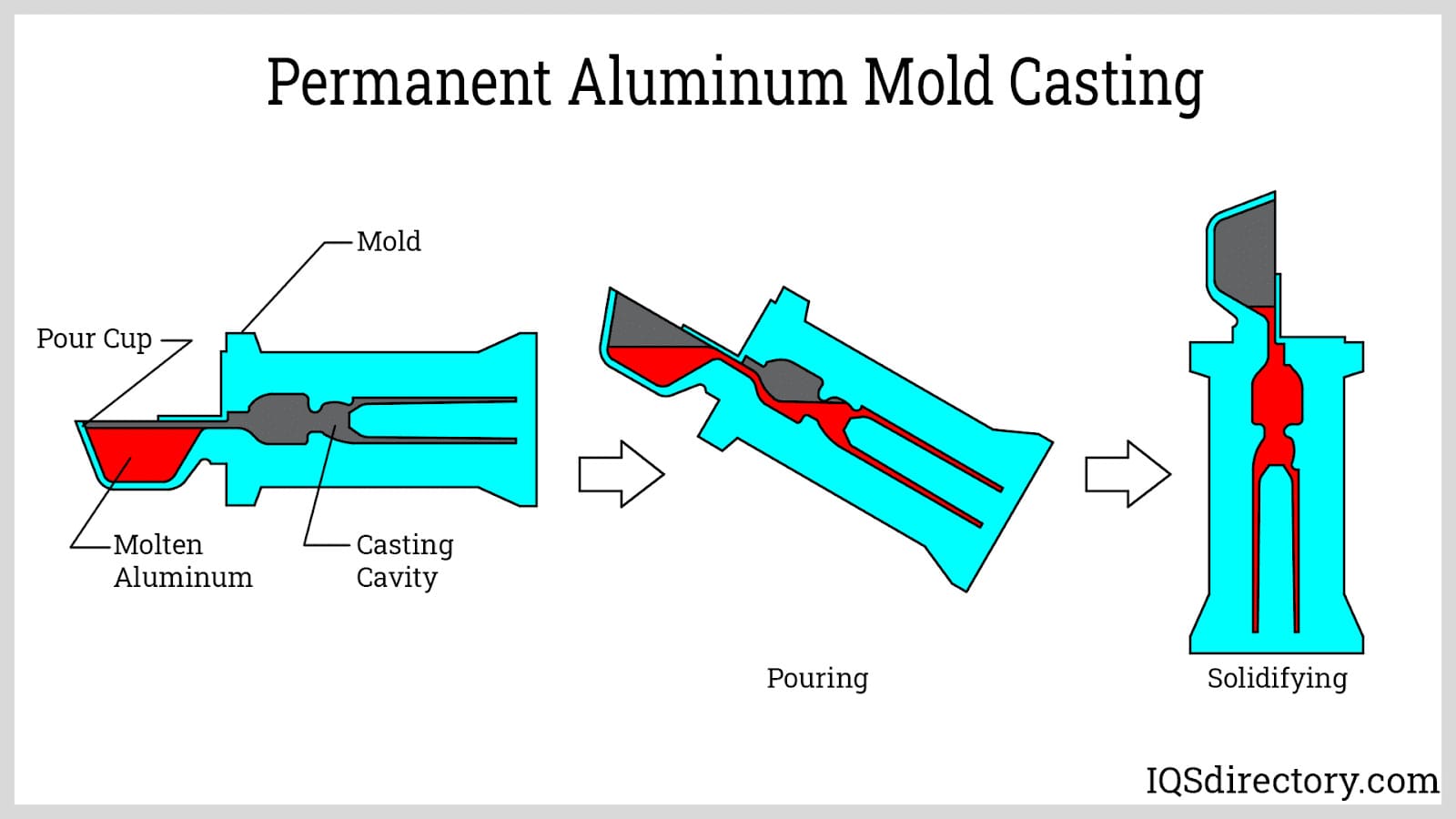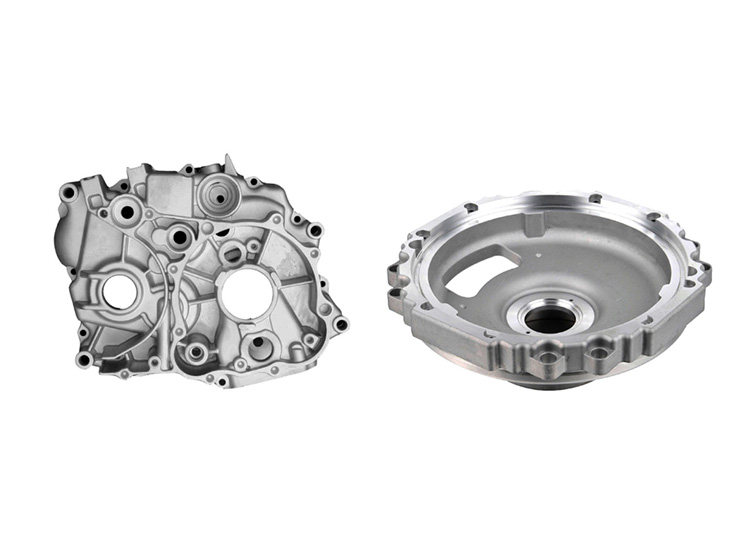Stahl Specialty Company - An Overview
Stahl Specialty Company - An Overview
Blog Article
The Buzz on Stahl Specialty Company
Table of ContentsStahl Specialty Company - Questions6 Simple Techniques For Stahl Specialty CompanyLittle Known Questions About Stahl Specialty Company.What Does Stahl Specialty Company Mean?The smart Trick of Stahl Specialty Company That Nobody is Talking About
There are many small distinctions between wrought and cast light weight aluminum alloys, such as that actors alloys can have extra substantial amounts of various other metals than functioned alloys. Yet one of the most significant difference between these alloys is the fabrication procedure with which they will certainly most likely to provide the final product. Aside from some surface area therapies, cast alloys will certainly leave their mold and mildew in virtually the exact strong kind preferred, whereas functioned alloys will certainly undertake a number of modifications while in their solid state.If you believe that a wrought alloy may be the ideal for your project, take a look at several of our posts that discuss even more regarding particular functioned alloys, such as Alloy 6061 and Alloy 6063. On the other hand, if you assume a cast alloy would certainly be better for you, you can find out a lot more regarding some actors alloys in our Alloy 380 and Alloy 383 short articles (coming soon).

Having the experience and sector expertise to engineer your castings for ideal production and high quality results will certainly enhance the task. Making light weight aluminum spreading requires a complex set of processes to accomplish the ideal outcomes. When determining on a brand-new light weight aluminum shop to companion with, guarantee they have considerable industry experience and are knowledgeable about all aspects of the aluminum spreading procedure: layout, manufacturing, product evaluation, and product testing.
The Greatest Guide To Stahl Specialty Company
The shop must also have a tried and tested track record of delivering remarkable items that satisfy or exceed client expectations. Quality assurance ought to additionally be at the top of your checklist when selecting a light weight aluminum factory. By dealing with a certified shop who follows the requirements for quality assurance, you can secure the integrity of your item and ensure it satisfies your specifications.
By choosing a company who supplies services that fulfill or exceed your item demands, you can be certain that your job will be finished with miraculous accuracy and performance. Specific aluminum factories concentrate on details types of making processes or casting techniques. Various parts need various manufacturing techniques to cast light weight aluminum, such as sand spreading or pass away casting.

Pass away spreading is the name provided to the process of producing complex steel elements through usage of these details mold and mildews of the element, also recognized as passes away. It produces more parts than any kind of other procedure, with a high level of accuracy and repeatability. There are 3 sub-processes that fall under the category of die spreading: gravity die spreading (or long-term mold and mildew casting), low-pressure die casting and high-pressure die spreading.
After the purity of the alloy is checked, dies are produced. To prepare the passes away for spreading, it is essential that the passes away are tidy, so that no residue from previous productions continue to be.
The pure metal, likewise called ingot, is added to the furnace and maintained the molten temperature of the metal, which is after that transferred to the shot chamber and injected into the die. The stress is after that maintained as the steel strengthens - Foundry. As soon as the metal strengthens, the cooling procedure begins
The thicker the wall of the component, the longer the cooling time because of the amount of interior metal that likewise requires to cool. After the element is fully cooled, the die cuts in half open and an ejection system presses the component out. Adhering to the ejection, the die is closed for the following shot cycle.
The Stahl Specialty Company Ideas

Nonetheless, this verified to be an unreliable test, because the tester might cut right into a piece and miss out on an area with porosity. Today, top manufacturers utilize x-ray screening to see the whole inside of elements without reducing into them. This permits them to more properly accept or turn down components. To obtain to the ended up product, there are 3 key alloys used as die spreading product to select from: zinc, light weight aluminum and magnesium.
Zinc is one of the most previously owned alloys for die casting as a result of its lower cost of raw materials. It's additionally among the more powerful and secure metals. Plus, it has outstanding electrical and thermal conductivity. Its rust resistance additionally permits the parts to be durable, and it is one of the more castable alloys due to its lower melting point.
More About Stahl Specialty Company
As discussed, this alloy is one of one of the most frequently utilized, yet makes will, sometimes, choose light weight aluminum over zinc because of light weight aluminum's manufacturing benefits. Aluminum is highly cost-effective and one of the a lot more flexible alloys. Light weight aluminum is utilized for a variety of different products and markets anything from home window frameworks to aerospace products.
Report this page